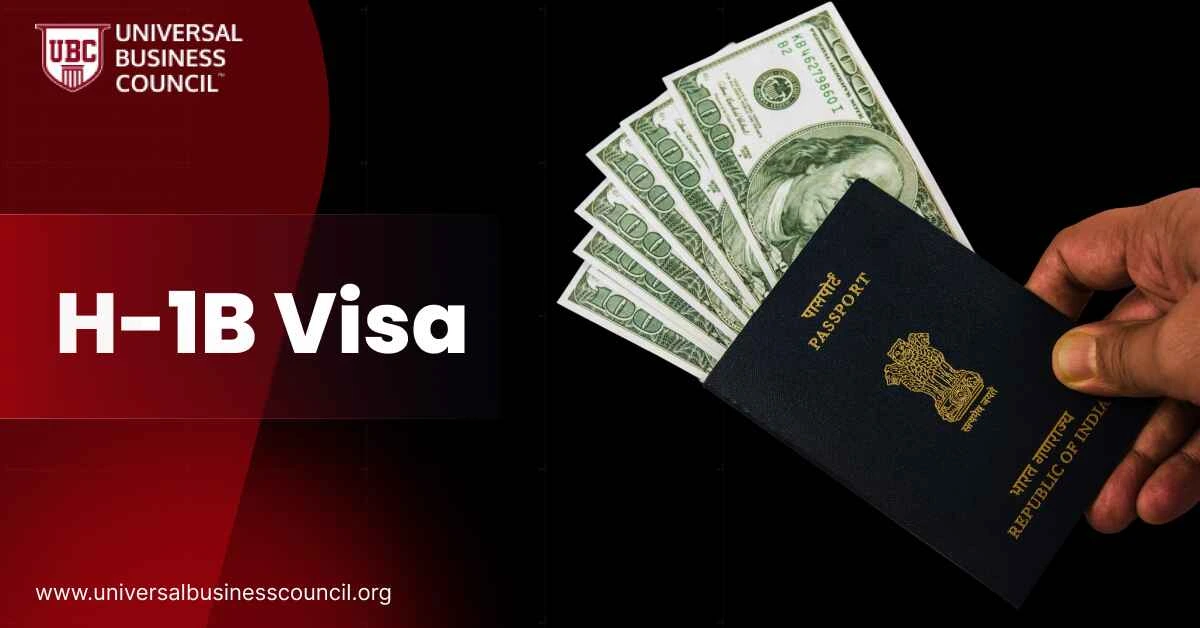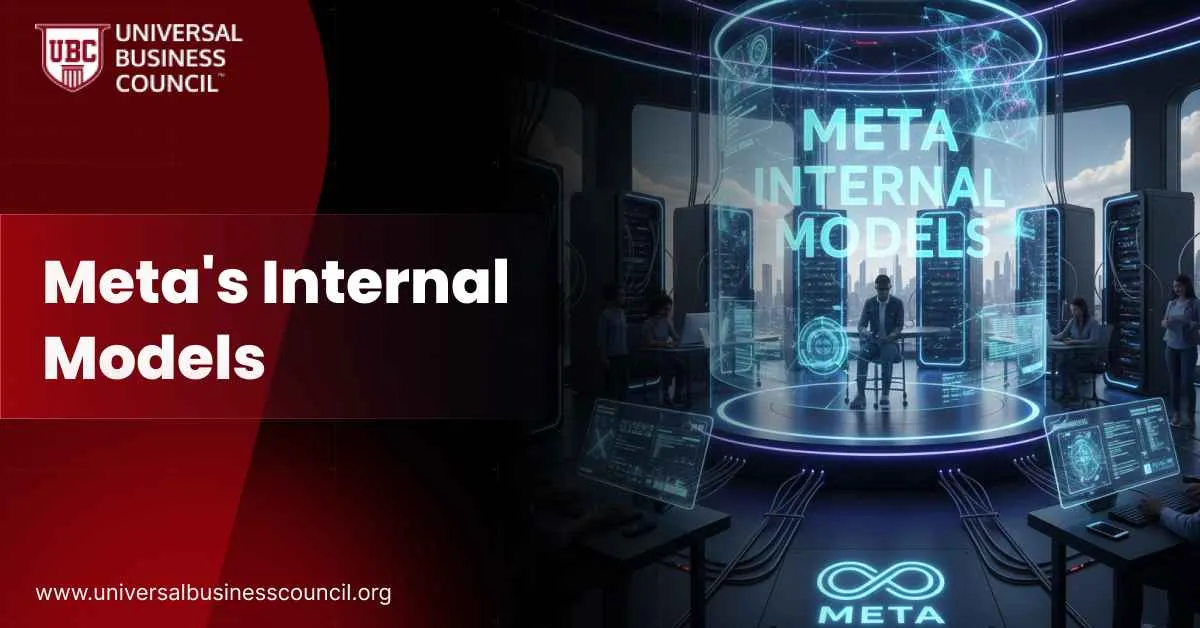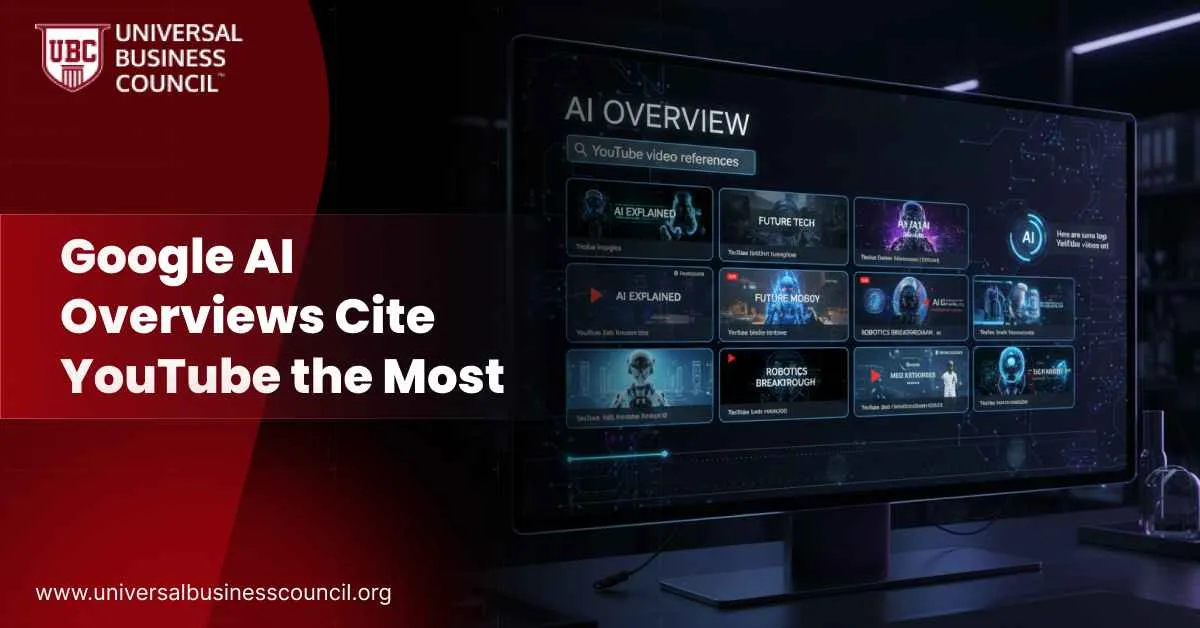
What Is the H-1B Visa?
The H-1B is a non-immigrant work visa designed for highly specialised occupations in sectors such as technology, engineering, medicine, and finance. For decades, it has been a vital mechanism for U.S. employers to access international talent that keeps their businesses competitive. Tech companies in particular have benefited, relying heavily on global expertise to fuel innovation and expansion.Donald Trump and the New Fee Policy
In September 2025, President Donald Trump announced the $100,000 one-time fee for every new H-1B petition. The administration presented it as a way to prioritize American workers and limit sponsorships to only the most exceptional candidates. The fee will apply per petition starting with the 2026 lottery cycle, with limited exemptions for roles deemed in the national interest or tied to strategic industries.Why It Matters for Companies
This policy forces employers to rethink their hiring strategies. Large technology firms may be able to absorb millions in new costs, but outsourcing giants could face billions in added expenses annually. For example, a firm like HCL Technologies filing thousands of petitions could see extraordinary financial strain. With costs so high, employers will sponsor only those candidates who can prove unique value. This is where a tech certification becomes essential—it assures companies that the skills they are investing in are already validated.Why This Matters for Skilled Professionals
For workers, the stakes have risen. Degrees and work history remain important, but they may not be enough when employers are weighing a six-figure petition fee. What companies now want is assurance that candidates can deliver results from the very first day. Adding a deep tech certification to your profile is one way to provide that assurance, signalling mastery of cutting-edge technologies that directly impact business performance. Equally, hands-on experiences such as participating in an Agentic AI Course demonstrate the ability to apply advanced tools and frameworks in real-world business scenarios, making a candidate significantly more attractive to employers.Global Perspective
Although the U.S. has tightened requirements, the global demand for certified talent is growing. Employers across Europe, the Middle East, and Asia are equally focused on proof of competence. Certified professionals are already commanding higher salaries and enjoying more stable career paths. Whether targeting the U.S. market or alternatives such as Canada or the UK, investing in certifications makes a professional stand out in competitive pools.H-1B Visa Fee Policy: Before and After the 2025 Change
| Aspect | Before September 2025 | After September 2025 |
| Petition Fee | $10–$5,000 depending on petition type and employer size | Flat $100,000 for each new petition |
| Scope of Application | Applied to both new and renewal petitions | Limited strictly to new applications |
| Renewals | Standard renewal fees only | Exempt from the surcharge |
| Employer Cost Burden | Manageable even for high-volume filers | Potentially billions in new annual costs |
| Impact on Large Tech Companies | Higher costs, but sustainable | Millions in added spending each cycle |
| Impact on Outsourcing Firms | Significant but manageable | Massive strain with high petition volumes |
| Candidate Selectivity | Broad pool considered | Only top, certified talent considered |
| Global Talent Flow | Easier to secure sponsorship | More limited opportunities, higher selectivity |
| Exemptions | None specific | Exceptions for national interest roles |




Leave a Reply